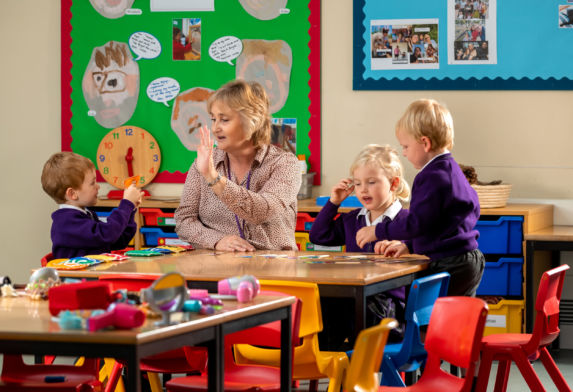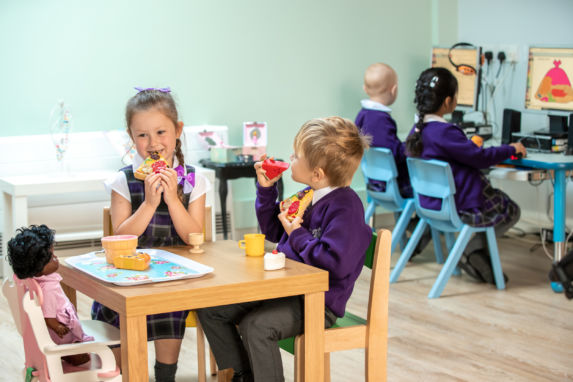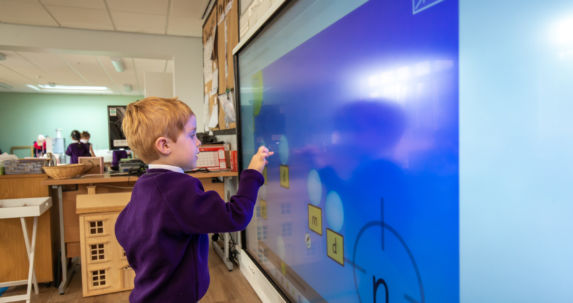Language
In Malcom Gladwell’s book ‘David And Goliath’, he speaks of a Californian governor whose popularity doubled when he announced his commitment to reducing class sizes; ask any parent and many teachers and the majority would support this – smaller class sizes bring about higher attainment. Of course! They must do!
But research from the ‘greats’ does not tell such a straightforward tale. Both John Hattie and the Education Endowment Fund question the validity of such claims and it is right as a school and parents that we examine this. The EEF states that ‘Intuitively, it seems obvious that reducing the number of pupils in a class will improve the quality of teaching and learning….. however, overall, the evidence does not show particularly large or clear effects until class size is reduced substantially’.


In the Independent sector we are blessed with smaller class sizes than in the maintained sector and much of the research points to significant differences when sizes are around 20. In fact, some quote the optimal class size to be 18 – 23 to allow for positive group dynamics and the opportunity for individualised learning programmes. At Wycliffe we have no classes with more than 20 pupils in.
The benefits of a smaller class are easy to identify from a teacher’s perspective and these include:
These are ingredients which make a successful learning environment and suit both children who fly easily in the classroom and those who need more specific support.

But in the same way that man is not an island, class size alone does not tell the whole story. The influencing factor of class size has to be linked with other key factors such as excellent teaching and learning and parental support and this is where at Wycliffe we also place our priorities. Our teaching team is encouraged to be critical thinkers, to review their practice and be keen learners in their own right and one of the key areas of development for the Prep School under new leadership is the engagement of parents through sharing more of what we do during the school day.
If you’re interested in finding out more about Wycliffe Prep School, get in touch with us.
Related Articles